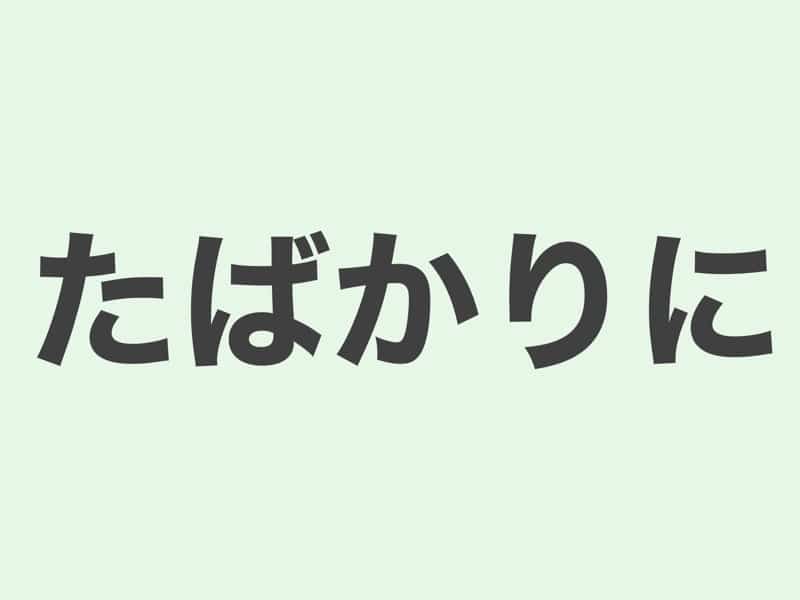説明 (Explanation)
文法(Grammar):た形+ばかりに
意味 (Meaning):「ので」という意味ですが、特定の行動や出来事が直接の原因で、望ましくない結果になること、後悔や残念な気持ちを含んでいます。
英語(English):「たばかりに」 is often “just because” or “only because.” It conveys the idea that something negative happened as a direct consequence of a specific action or event that has just occurred, often implying regret or disappointment.
例文 (Examples)
- 彼は遅刻したばかりに、大事な会議に参加できなかった。
- 勉強をしなかったばかりに、試験に落ちてしまった。
- 彼女は風邪をひいたばかりに、旅行に行けなかった。
- 急いでいたばかりに、スマホを家に忘れてきてしまった。
- 運転免許を忘れてきたばかりに、レンタカーを予約したのに乗れなかった。
- 仕事が忙しかったばかりに、家族との時間が取れなかった。
ひらなが (Hiragana)
- かれはちこくしたばかりに、だいじなかいぎにさんかできなかった。
- べんきょうをしなかったばかりに、しけんにおちてしまった。
- かのじょはかぜをひいたばかりに、りょこうにいけなかった。
- いそいでいたばかりに、スマホをいえにわすれてきてしまった。
- うんてんめんきょをわすれてきたばかりに、レンタカーをよやくしたのにのれなかった。
- しごとがいそがしかったばかりに、かぞくとのじかんがとれなかった。
英語翻訳 (English Translation)
- He couldn’t attend the important meeting just because he was late.
- I failed the exam only because I didn’t study.
- She couldn’t go on the trip just because she caught a cold.
- I forgot my smartphone at home just because I was in a hurry.
- I couldn’t drive the rental car I reserved just because I forgot my driver’s license.
- I couldn’t spend time with my family just because I was busy with work.







コメント